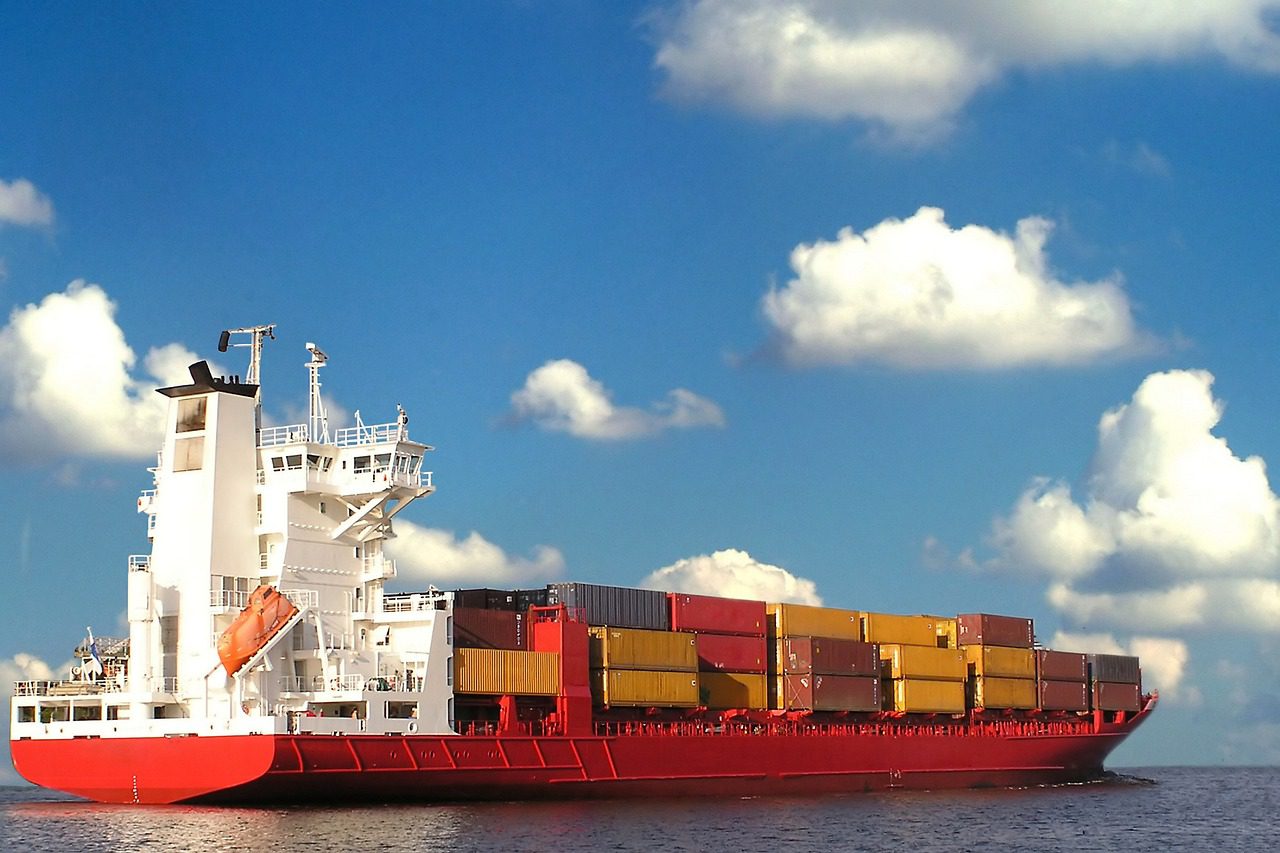
Forced Labor Enforcement Task Force Publishes Updated Uyghur Forced Labor Prevention Act Strategy
WASHINGTON – On July 9, the Forced Labor Enforcement Task Force (FLETF) published a second update to the Uyghur Forced Labor Prevention Act (UFLPA) Strategy to Prevent the Importation of Goods Mined, Produced, or Manufactured with Forced Labor in the People’s Republic of China, which was initially issued in June 2022.
This update to the UFLPA Strategy highlights enforcement of the UFLPA’s rebuttable presumption, which prohibits goods from being imported into the United States that are either produced in Xinjiang, or by entities identified on the UFLPA Entity List, unless the importer can prove, by clear and convincing evidence, the goods were not produced with forced labor. Since the implementation of the UFLPA’s rebuttable presumption began in June 2022, U.S. Customs and Border Protection (CBP) has examined more than 8,500 entries, valuing more than $3.3 billion to ensure that goods made with forced labor do not enter U.S. commerce.
Additionally, the strategy highlights a significantly expanded UFLPA Entity List, from the initial 20 entities named in the 2022 Strategy to 68 entities as of the date of these Updates. The FLETF has also identified new high-priority sectors for enforcement – polyvinyl chloride, aluminum and seafood – to inform the trade community of supply chains that involve a higher risk of forced labor from the Xinjiang Uygur Autonomous Region.
“The Biden-Harris Administration is committed to eliminating forced labor from our global supply chains and fighting against the human rights abuses committed against Uyghurs and other ethnic and religious minorities in the People’s Republic of China,” Ambassador Katherine Tai said. “The second update to the UFLPA Strategy reflects this commitment and demonstrates our ongoing work to fully enforce the Uyghur Forced Labor Prevention Act.”
The FLETF, chaired by the U.S. Department of Homeland Security, leads efforts to monitor implementation of the UFLPA and the broader U.S. law prohibiting the importation into the United States of goods made wholly or in part with forced labor. In addition to the U.S. Department of Homeland Security, the FLETF is comprised of seven member agencies: the Office of the United States Trade Representative and the Departments of Labor, State, Treasury, Justice, and Commerce.
